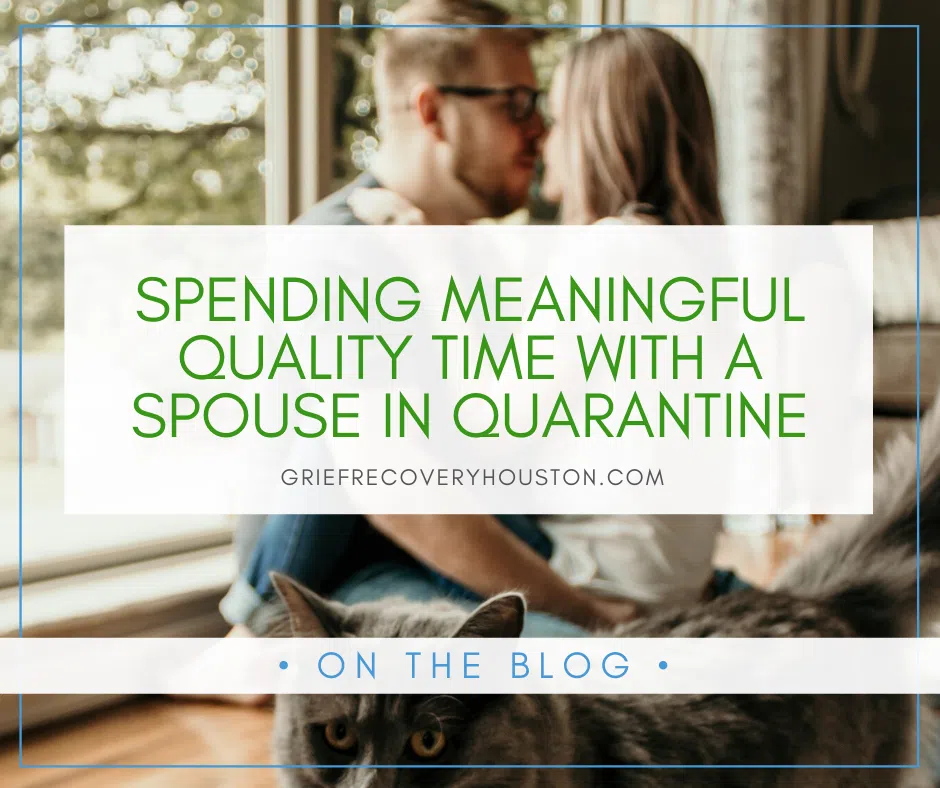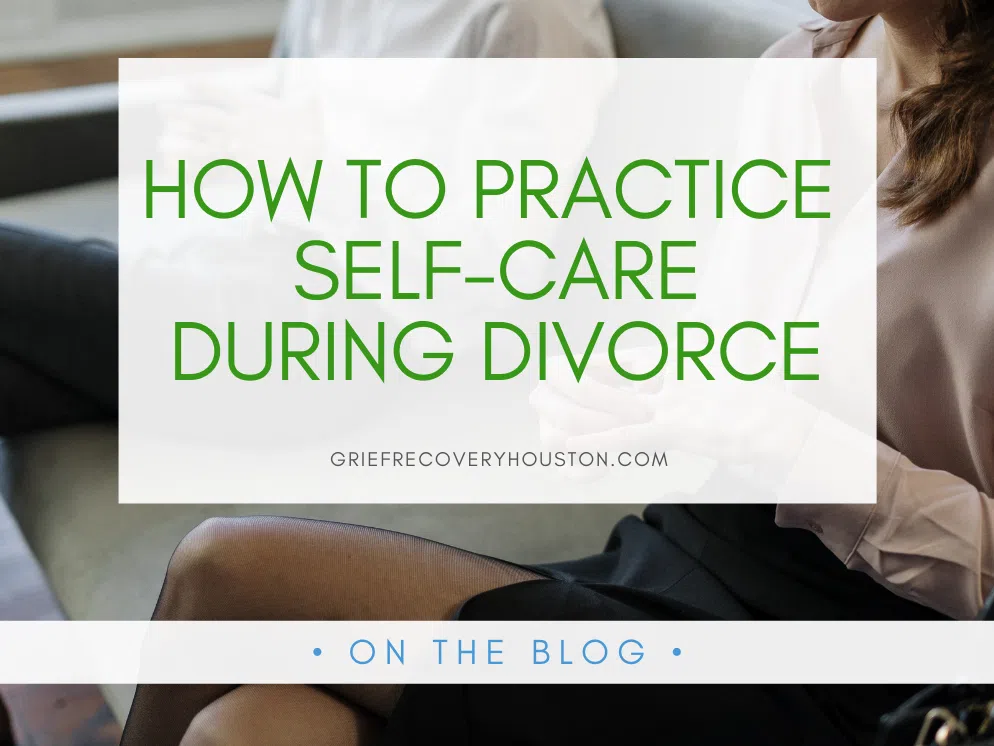- Unpacking Grief and Disability - July 8, 2024
- Breaking the Stigma: 5 Blogs to Better Understand Suicide - May 21, 2024
- 4 Tips for Better Sleep Hygiene - March 4, 2024
 According to the National Domestic Violence Hotline, 1 in 3 women and 1 in 4 men in the United States have experienced rape, physical violence, and/or stalking in their lifetime. The data on the topic of domestic violence is scary, but it also shows us that whether we know it or not, we probably spend a lot of time around survivors of intimate partner violence. Of course, not everyone is able or willing to disclose the abuse they experience, but being a survivor of abuse is more common than many people realize.
According to the National Domestic Violence Hotline, 1 in 3 women and 1 in 4 men in the United States have experienced rape, physical violence, and/or stalking in their lifetime. The data on the topic of domestic violence is scary, but it also shows us that whether we know it or not, we probably spend a lot of time around survivors of intimate partner violence. Of course, not everyone is able or willing to disclose the abuse they experience, but being a survivor of abuse is more common than many people realize.
There are a lot of things we don’t learn in school – how to file our taxes, how to feel our feelings, how to have tough conversations, to name a few. Something else we typically aren’t taught is how to support someone who is experiencing domestic violence (also known as intimate partner violence, or IPV). Many of us don’t even know the warning signs of abuse to watch out for.
Here’s a list of some abuse red flags to look for:
- Extreme jealousy
- Being hyper-critical (you can never do anything right!)
- Regularly insults
- Controlling their partner’s finances
- Frequent attempts to intimidate their partner
- Won’t let partner make their own decisions
- Pressures or forces partner to use drugs and alcohol
- Pressures or forces partner into sex
- Threatens to take children away from partner
- Violence toward property or animals in the household
- Controlling who their partner sees
- Distancing their partner from their friends and family
If you’re worried about someone you love in an abusive relationship, here are some other signs of abuse to keep an eye out for:
- Being put down by their partner in public
- Excessive worry about upsetting their partner
- Making excuses for their partner’s behavior
- Extremely jealous partners
- Injuries or marks that are unexplained
- Withdrawal from social or family life
- Personality or mood changes, including depression and anxiety
The biggest thing to keep in mind is that all forms of abuse are fundamentally about the abuser having power and control over the victim. Because of this, survivors of abuse typically feel disempowered and unable to control their own lives. One crucial way to support someone who is a survivor of abuse or who is experiencing abuse is to make them feel empowered and in control of their own decisions.
victim. Because of this, survivors of abuse typically feel disempowered and unable to control their own lives. One crucial way to support someone who is a survivor of abuse or who is experiencing abuse is to make them feel empowered and in control of their own decisions.
One pitfall that people experience when they’re trying to help someone else is to assume they know what that person needs. Many people are unable or unwilling to end relationships with their abusers, so trying to force someone to end their relationship is likely to backfire. Even if you don’t think it’s what you would do in the same situation, it’s very important to let your loved one know that you are willing to help them in whatever way they need.
Read: How to Recognize Gaslighting
Reasons why people stay
Many people who have no experience with abuse ask “Why do they stay? Why not leave?” without realizing that abuse is more complicated than that. Many people (rightfully) fear violence if they leave. In fact, the period after leaving an abuser is the most dangerous time for the victim, because abusers often go to extremes to keep the victim under their control, including escalating the violence.
 There are lots of other reasons why people stay in abusive relationships. Their abuser may control their finances, making victims unable to leave. The victim may be isolated from friends and family as a result of the abuse. There may be children involved, and the victim may fear losing custody to their abuser. Survivors might not have a solid support system in place and will have nowhere to go if they leave. There are lots of complicated reasons why people stay in abusive relationships, so telling a loved one who experiences abuse to leave is probably going to be the opposite of helpful.
There are lots of other reasons why people stay in abusive relationships. Their abuser may control their finances, making victims unable to leave. The victim may be isolated from friends and family as a result of the abuse. There may be children involved, and the victim may fear losing custody to their abuser. Survivors might not have a solid support system in place and will have nowhere to go if they leave. There are lots of complicated reasons why people stay in abusive relationships, so telling a loved one who experiences abuse to leave is probably going to be the opposite of helpful.
Luckily, there are ways to support a loved one who is experiencing domestic violence. Here are our top tips:
Tell them it’s not their fault
Abuse is never the victim’s fault, ever. It might be very valuable to tell your loved one that you are there to support them however they need – even if it means just listening and not taking any action. Abuse is a really hard thing to talk about so it can be reassuring to let your loved one know that you see them and you believe them.
Read: 8 Things You Can Do To Help Prevent Childhood Sexual Abuse
Respect their decisions
Remember, your loved one is the boss of their own life. They get to make their own decisions, and it is your job as their support system to be there for them when they do. If they stay in the relationship, remind yourself that there are many reasons why, and try to have empathy for what they’re going through. This means listening without judgment.
Help them develop their social circle
Encourage your loved one to start activities outside of their relationship, ideally with friends or family, to give them an escape  from the abuse in the home and to reconnect with their support system. There are also support groups online where people can get support if they are unable to leave the house.
from the abuse in the home and to reconnect with their support system. There are also support groups online where people can get support if they are unable to leave the house.
Help them come up with a plan
Leaving an abuser is dangerous, and it is best done with a plan in place. You can help your loved one make a plan to leave. This may include things like coming up with a code word your friend can use with you so you know to get help or call the police, teaching their children the code word so they know when to leave the house, practicing leaving the house with them, and their children. You can also help them organize evidence of physical abuse, like pictures or medical reports, hold money for them so their partner can’t’ take it, and help them make a plan for where to go.
Read: How to Support a Friend Who Has Been Sexually Abused
Let them know it’s ok to ask for help
Asking for help is hard, especially if your mental, physical, and emotional well-being has been destroyed over time by a partner. Recognize that they may not be able to talk about some things with you, and encourage them to speak to a therapist or a local domestic violence agency to get further support than what you’re able to provide.
With a broken heart, a person may feel intense feelings of sadness. Over time, these feelings tend to lessen. In the meantime, here’s 5 Ways to Cope with the Grief of a Broken Heart
If you think someone you love is in an abusive relationship, it’s natural to want to help them and protect them. However, it’s important to understand that offering your help to someone doesn’t mean saving or rescuing them – it means that you are letting them know that you support their decisions and are there for them however they need you. If you or someone you know is struggling with abuse, call the National Domestic Violence Hotline at 1-800-799-7233. Our counselors can also help you or your loved one come up with a safety plan that works for them.






No comments yet.